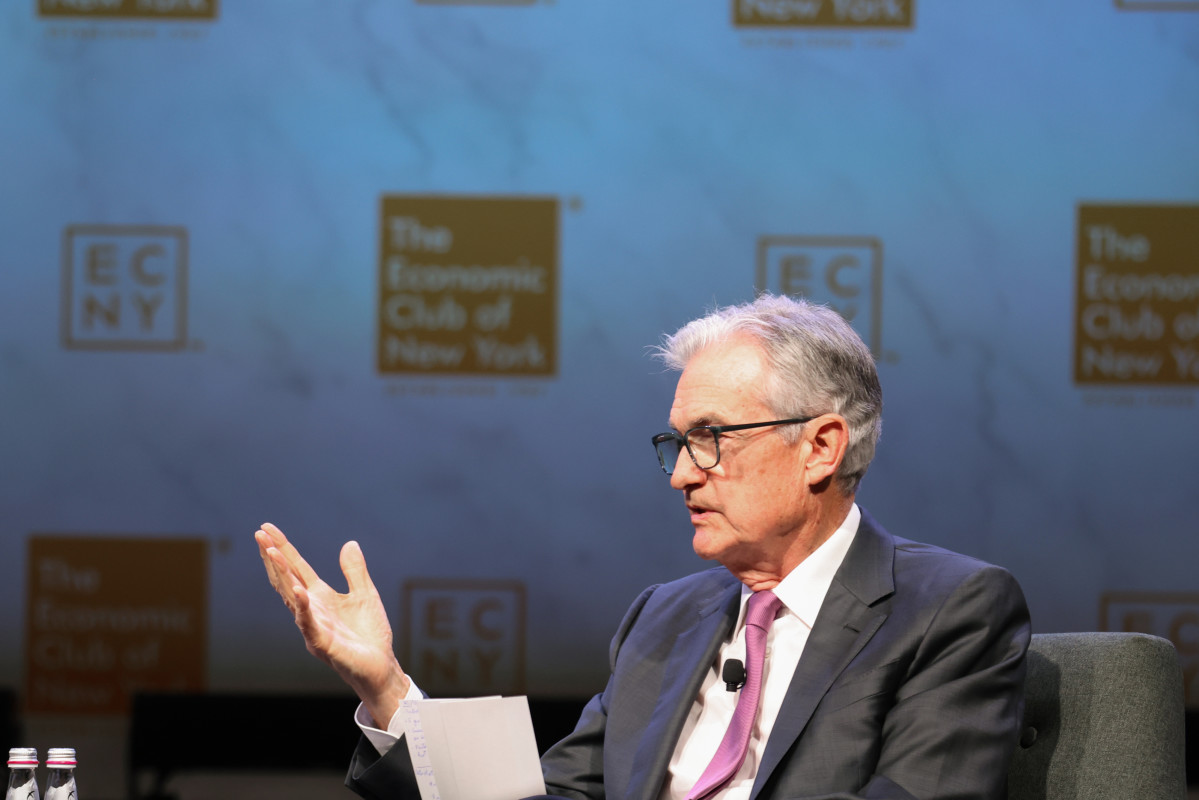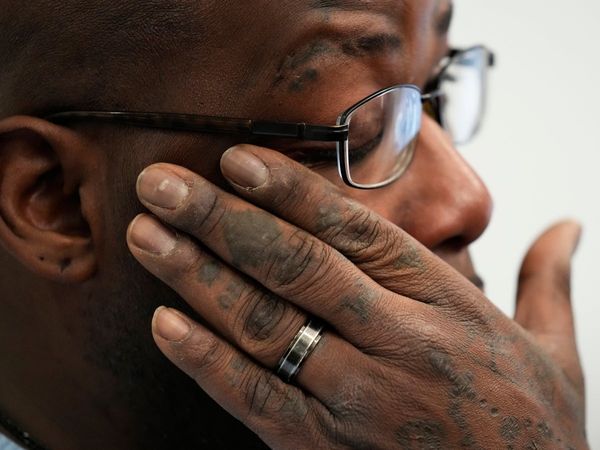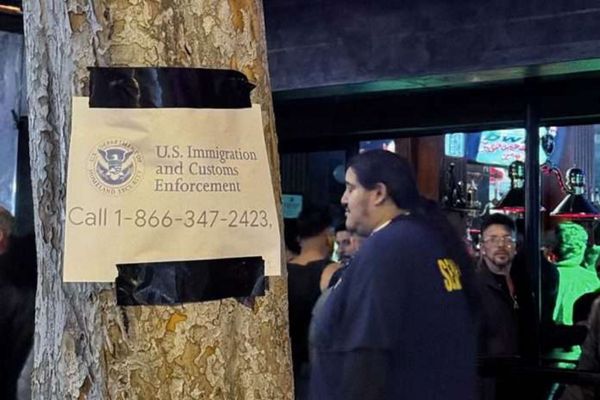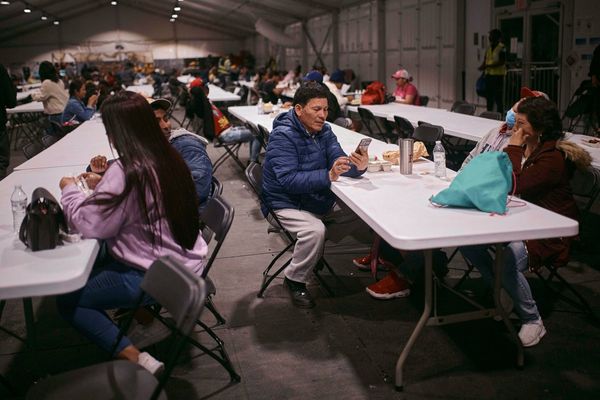
Stock futures were down Friday one day after Federal Reserve Chairman Jerome Powell shared his latest thoughts about the economy.
The benchmark 10-year yield rose briefly to 5% late on Thursday, a closely watched level not seen since July 2007.
Powell indicated the need for further rate hikes, noting the strength of the economy and renewed inflation risks, but added that the recent surge in bond yields, as well as the lag effect of past policy tightening, are having their desired impact.
Related: Bond-market meltdown: What's happening, what it means and why you should care
“A few months of good data are only the beginning of what it will take to build confidence that inflation is moving down sustainably toward our goal,” Powell said. “We cannot yet know how long these lower readings will persist or where inflation will settle over coming quarters.”
The balanced tone Powell struck in prepared remarks at an event hosted by the Economic Club of New York, suggest a further indication of the Fed's "wait and see" stance on near-term rate hikes, following a series of data releases showing stronger-than-expected retail sales, a resilient job market and above-trend economic growth.

"We are attentive to recent data showing the resilience of economic growth and demand for labor" Powell said. "Additional evidence of persistently above-trend growth, or that tightness in the labor market is no longer easing, could put further progress on inflation at risk and could warrant further tightening of monetary policy."
Market forecasts currently suggest the Fed will hold rates steady when its next two-day policy meeting wraps up on Nov. 1, with the odds of a December hike pegged at around 37%.
Jeffrey Roach, chief economist for LPL Financial, said "the Fed is not yet convinced about where inflation will settle over the next few quarters, which means that the committee will not pre-commit. Each meeting will be a live meeting."
Roach noted that "the Chair acknowledges the labor market is cooling, so the wage-price spiral is less of a risk."
"Given the uncertainty in the outlook, markets are pricing in roughly a 30% chance the Fed will increase rates in December and if not in December, then a higher likelihood of an increase in January," he said. "However, we believe the economy is slowing enough that the markets are overpricing the likelihood of more rate hikes."
Roach said investors learned from the Beige Book "that business is slowing and delinquencies are picking up, indicating the economy is no longer on a strong growth trajectory."







